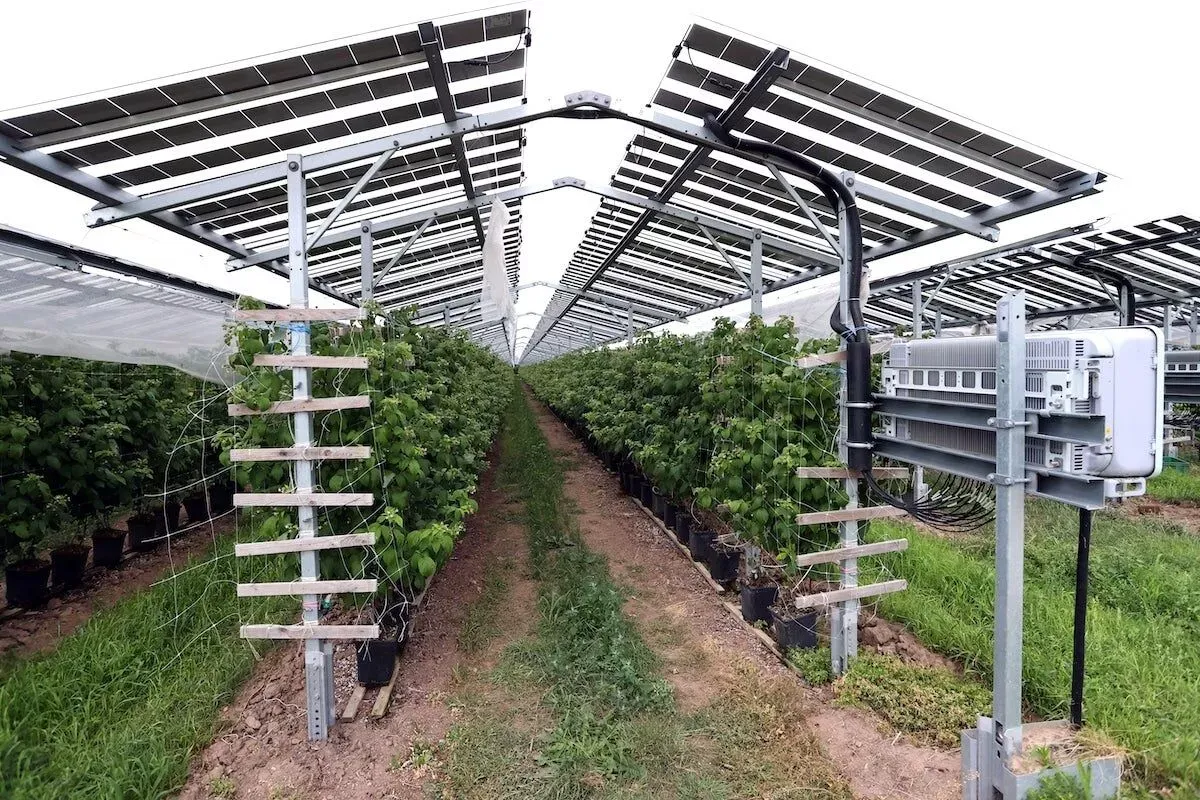
🚜 Emissions of greenhouse gases from fertilizer can be reduced by 80 percent
Researchers have calculated the total greenhouse gas emissions caused by agricultural fertilizers and found ways to reduce emissions by 80 percent.
Share this story!
Nitrogen-based fertilizers cause 2.6 gigatons of greenhouse gas emissions each year. That's more than aviation and shipping combined.
Researchers from the University of Cambridge in Great Britain have analyzed the emissions for both the production and use of the fertilizer and concluded that we can reduce emissions by 80 percent without reducing food production.
Among other things, it entails more environmentally friendly production, but above all about using less fertilizer. According to the researchers, we currently use much more fertilizer than necessary, and this results in both greater emissions and higher costs for farmers.
"We are incredibly inefficient in our use of manure. We use much more than we need, which is economically inefficient and depends on today's agricultural methods," says André Cabrera Serrenho, researcher at the University of Cambridge and one of the researchers behind the study in a press release.
It is also possible to reduce the fertilizer's environmental impact in the production stage. For example, it would be possible to mix in chemicals that prevent the formation of nitrogen oxide. That would make the fertilizer more expensive, which could also reduce its use.
"If we are going to make fertilizer more expensive, there must be some kind of financial incentive for farmers and producers. Agriculture is a callous business as it is and at this time farmers receive no compensation for reducing emissions from fertilizer," says André Cabrera Serrenho.
If the measures André Cabrera Serrenho and his colleagues propose in their study were implemented, it could reduce emissions from fertilizer by 80 percent by 2050.
"Our work gives us a good idea of what is technically possible, what gives the best effect, and where various measures would make the most impact. It is important that we direct the measures towards what is most efficient to achieve quick and meaningful success in reducing emissions" says André Cabrera Serrenho.

By becoming a premium supporter, you help in the creation and sharing of fact-based optimistic news all over the world.



